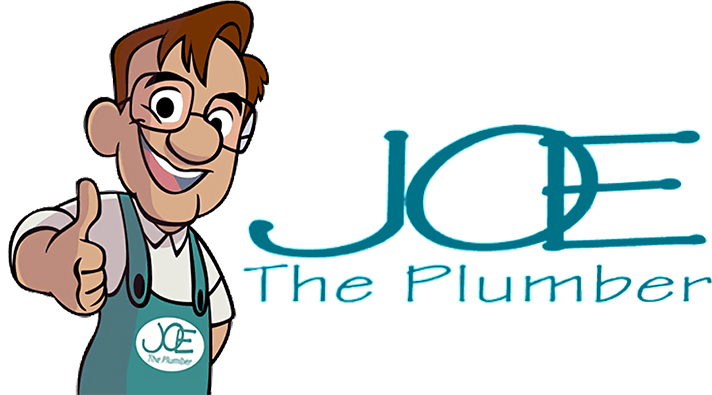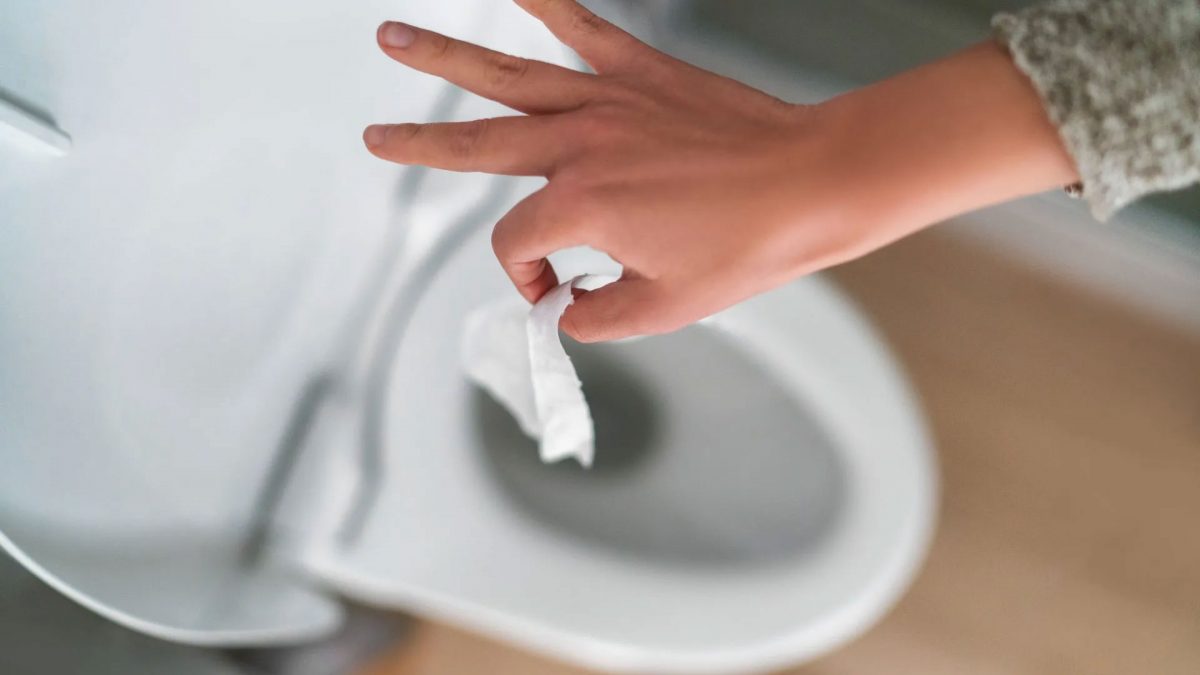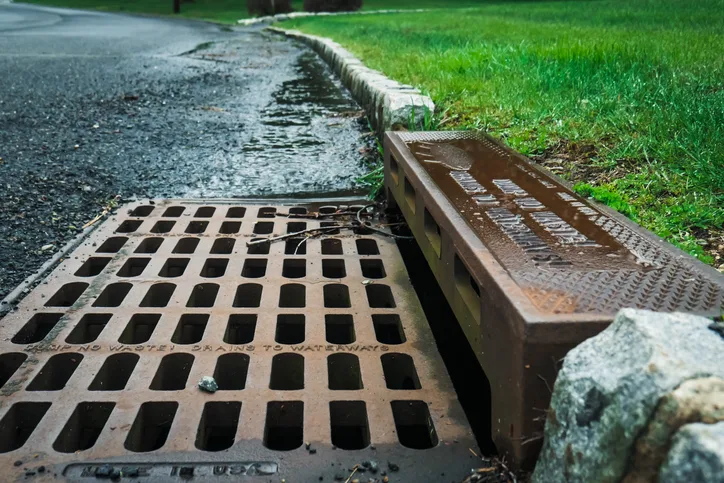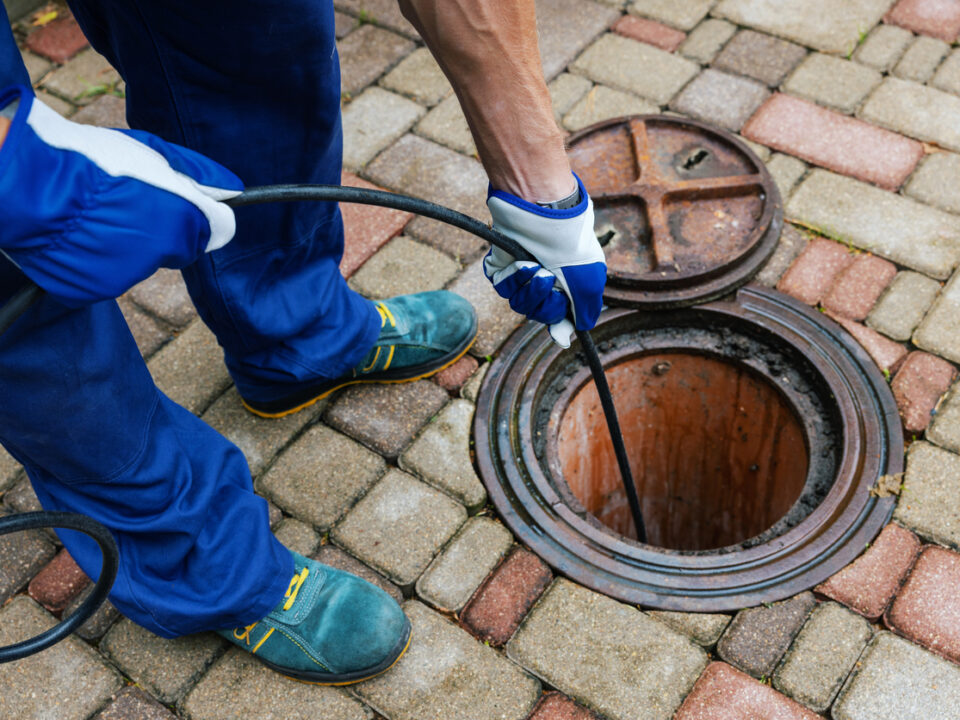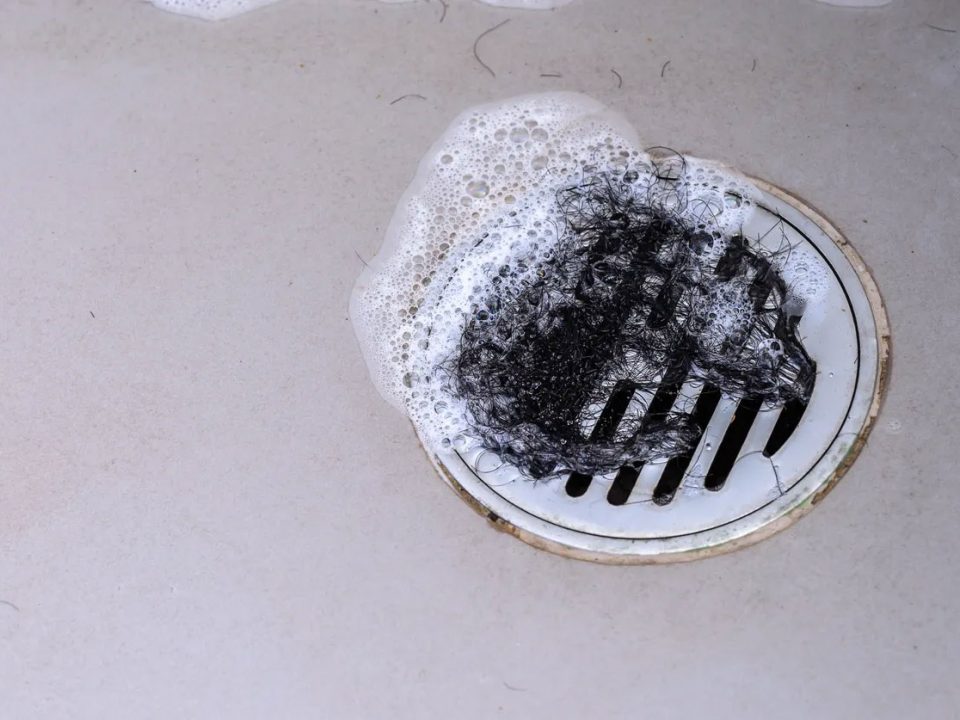Even Wipes Listed as Flushable Can Result in a Call to the Plumber
Personal hygiene is a personal matter, so many people often don’t want to discuss or think about what they use to wipe. Yet, as long as that wipe is used in the bathroom, it matters what it’s made from and where it goes. For best results and the fewest clogs, only toilet paper should go down the toilet. This is also true for any other drains in the home. Other materials, even wipes listed as flushable, can result in a call to the plumber. Learn why wipes are better thrown away than flushed, especially if they’re regular wet wipes.
Why Are Wet Wipes So Popular?
Dry toilet paper is admittedly not always the most comfortable material to wipe with. With some conditions, wet wipes are even recommended as a way to avoid further irritation or injury. However, these wipes can’t go down the toilet just because they were used there. Using a bathroom trash can is the key to protecting the sewer pipes from clogs both at your home and in the larger sewage system. All types of wipes can cause problems, including those explicitly listed as safe to flush.
Don’t Fall for Flushable Claims
It is somewhat safer to flush an occasional wipe that’s actually tested for flushability than a regular wipe. Regular wipes are too thick and long-lasting to dissolve in the pipe as it travels. In contrast, toilet paper breaks down as soon as it hits the water. It’s usually nothing more than pulp by the time it has to clear the twists of the sewage pipe. Yet even flushable wipes that pass thorough testing by the manufacturer may encourage a clogging problem in any particular plumbing system.
The Real-World Conditions of Your Plumbing
Flush-safe wipes are tested in laboratories under optimal conditions. They travel through smooth pipes made from modern materials, propelled by standard levels of water pressure. If your home experiences a dip in pressure or your pipes are older and already textured with damage and debris, the wipes are unlikely to act the same way. Each snag or protrusion along the inside of a pipe in real life is all too likely to catch a flushable wipe just as easily as a regular one. If you don’t want to spend unnecessary money on clog removal services throughout the year, it’s best to avoid flushing any types of wipes at any time.
Signs of a Wipe Clog
Flushed wipes tend to become stuck in the U-bend of the toilet, at the points where the sewage system connects to any municipal pipes, and at the entrance to your septic tank if your home has one. The further the wipe gets, the slower the clog may take to become apparent. Clogs that form closer to the toilet or drain may appear faster. These clogs often act just the same as any other obstruction in the drain. They may completely block water flow or even cause backups into the toilet or drains. If the wipes make it safely into the sewer, they may still contribute to a major clog that knocks out local sewage service for days or weeks at a time.
Dealing With Wipes You’ve Already Flushed
If you’ve already been using flushable wipes or don’t know what types of wipes you’ve flushed, don’t panic. Simply schedule an appointment with Joe the Plumber, the leading plumber in the Cypress, Texas area. We can come and inspect your sewer pipes to ensure there are no clogs forming. If we detect trapped debris, we’ll unclog the pipes and figure out what can be done to prevent the problem in the future. An inspection also lets you know if your plumbing system is up to accepting approved flushable wipes or not. A particularly old or poorly designed sewage system is best trusted only with toilet paper.
What To Flush (And Not To Flush)
Treating your toilet with care minimizes the chances of costly clogs. Proper flushing practices are particularly important for homeowners with septic systems. It’s always okay to flush toilet paper, but for the best protection for an aged structure, stick to products rated as safe for septic systems. These products will dissolve within 24 hours, even if they get stuck somewhere in the pipes. If you must use flushable wipes, consider only flushing one at a time and waiting more than 24 hours before using another. Flushing a large amount of even the best dissolving wipes can lead to a clog. Never flush regular wet wipes, cleaning wipes, or other personal hygiene products.
If you have more questions about wipes and their impact on plumbing, contact us here at Joe the Plumber. We want to help Cypress homeowners with plumber services that they can rely on.




